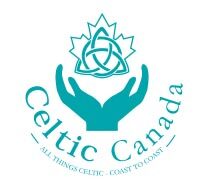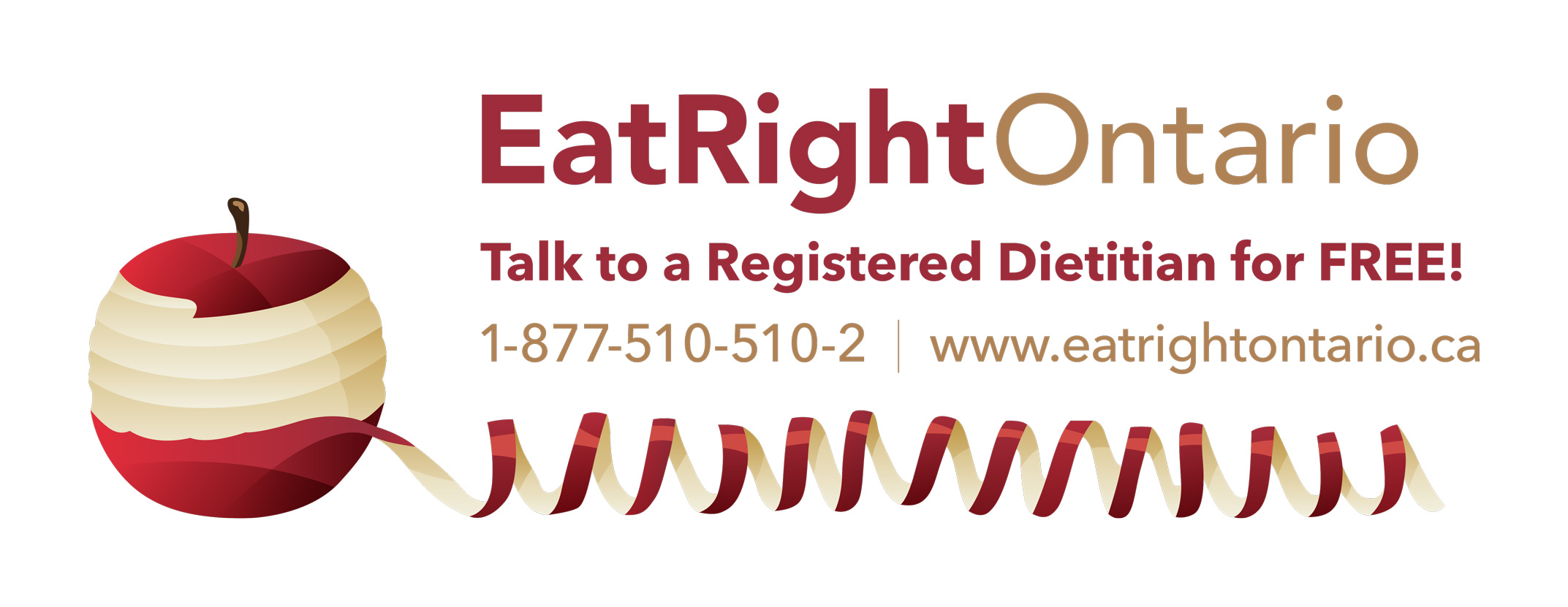Spring is around the corner.. and with that goes Healthy Habits…we chatted with Honey Bloomberg, Registered Dietitian at EatRight Ontario to provide us with some hearty advice…. Eatright Ontario gets questions on every nutrition and food topic imaginable – from infant feeding to staying healthy in your golden years. They also bust a lot of myths and work to simplify the complicated and conflicting information in the media. See below for some most popular tips.
If you are over age 50, your need for calcium and vitamin D actually increases. Even though your bones are no longer growing, you still want to keep them strong and prevent fractures. Enjoy three daily servings of calcium-rich Milk and Alternatives. If you do not get enough calcium from food, Health Canada recommends calcium supplements. Canadians over age 50 should also take a daily vitamin D supplement of 10 ug (400 IU).
You don’t need to drink eight glasses of water everyday to stay healthy. The amount of water that a person needs to drink every day is different for everyone. What is most important is that you drink enough fluids to avoid dehydration. Your fluid intake can include water as well as a variety of other fluids, like coffee, tea, juice and soup.
Cleanses are all the rage – but you don’t need to do one to rid your body of toxins. Your liver and kidneys are natural detoxifiers. Cleanses are also not recommended for weight loss or digestive health.
Coconut oil is not magic! Coconut oil does not help with weight loss, chronic disease, digestion or your immune system. Go ahead and use coconut oil if you enjoy the taste, but use it in moderation just like you would other fats.
Older adults need more vitamin B12 because as you get older, you absorb less from food. If you are over the age of 50, choose vitamin B12 rich foods more often or speak to your doctor about a supplement. Vitamin B12 is found primarily in animal foods (or fortified foods).
Omega-3 fats are important to the health of your immune system and your heart. You’ll need to get them from the foods you eat or take a supplement. Fatty fish, flaxseeds, tofu, walnuts and fortified foods (like eggs) are sources of omega-3s. The best way to make sure you get enough is to eat two servings of fish like salmon, mackerel or trout every week.
If you have questions about anything you’ve read here, or want to receive a free guide to these topics and others,
How to find a Registered Dietitian:call 1-877-510-5102 or send an email at eatrightontario.ca/email.
Visit Dietitians of Canada at www.dietitians.ca/find to search by location and specialty.
The following provinces have FREE nutrition hotlines. Here’s how to get in touch:
• If you live in British Columbia: Contact HealthLink BC toll free at 8-1-1 or visit www.healthlinkbc.ca/dietitian-services
• If you live in Manitoba: Call toll free 1-877-830-2892 or 204-788-8248 in Winnipeg.
• If you live in Ontario: Contact EatRight Ontario toll-free at 1-877-510-5102 or visit www.eatrightontario.ca.
What is EatRight Ontario?
EatRight Ontario is a FREE service that connects residents of Ontario to the trusted advice of a Registered Dietitian to help you make healthier food choices and answer your nutrition questions. The dietitians will answer your questions, help you set goals, send you follow up information and connect you to resources in your community.
• Call this toll-free number: 1-877-510-510-2
• Send an email at www.eatrightontario.ca/email
• Visit the website at wwww.eatrightontario.ca for hundreds of nutrition articles, videos, interactive tools and recipes.
If you have questions about diabetes, blood pressure, cholesterol, digestion, weight loss, feeding you children and much more, we can help!









